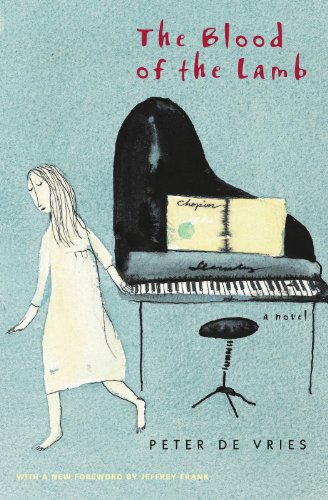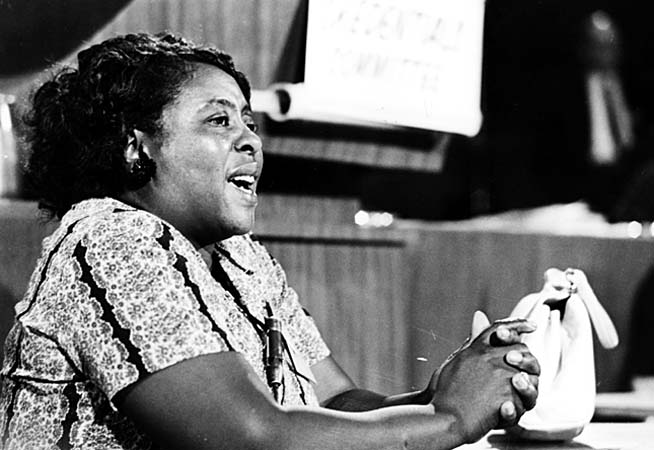
Writers—like artists of other mediums—often say that no novel or short story is really ever finished until it’s read. As an old novelist friend of mine used to say, great fiction is always a C, never an O—that is, it leaves some open space for readers, space for us to bring our own lives and experience into the work and make it real or whole or alive.
I finished Peter De Vries’s Blood of the Lamb last night, for the second time. I read it initially sometime in the Sixties, four or five years after it was published, at a time in my life when I loved the irreverence he wields at his tribe—the Dutch Reformed people into which he and I were both born. De Vries mocked us but good, for our silliness and the sometime idiocy of our piety.
Peter De Vries was, in his time, among the most well read and beloved of American humorists, his novels—most of them at least—knee-slapping satires of American life. Google him sometime and read a few of his finest quotes; he can be absolutely hilarious.
There is humor in Blood of the Lamb too, Don Wanderhope and his father, aboard their garbage truck, slowly sinking like the Titanic into the primordial ooze of some Chicago-land refuse pit. Scared to death, they break out with--what else?--the doxology.
But far and away, Blood of the Lamb is not a funny novel--not at all, even though forty years ago, when I first read it, I thought it was a hoot. But then, I was a kid, a rebel chafing under the strictures of De Vries’s own ethnic and religious heritage, a heritage in process of cataclysmic change. It was the Sixties, after all, and little, if any of our lives were left untouched by the seismic cultural shifts of the era. At twenty, I read Peter De Vries’s Blood of the Lamb and laughed.
Forty years later, I almost cried.
I’m a different person today—not nearly so headstrong, far less sure of my opinions and will. Forty years later, I’ve got scars, even open wounds, from the fisticuffs me and the Lord have come to. Forty years later, I read an almost entirely different book. The novel didn’t change of course. Certainly, I did.
Peter De Vries died in 1993, but I wonder if he ever guessed that of all his books, Blood of the Lamb would be the one that just won't go away. My guess is, he did. He wrote it just a year after the death of his daughter, who died at age 11 of leukemia; and much of the book, that which gives it its immense emotional heft, is the near recitation of the prolonged agony that child faced before eventually, finally, succumbing.* This novel's great lines don't come from his wit, but from his soul.
Honestly, that whole story I had nearly forgotten because that theological fight simply didn’t hit me at twenty. I think it was William Hazlett who said something to the effect of no young man thinks he shall ever die; count me among 'em. But at sixty years old, Blood of the Lamb nearly took out the knees in my soul.
The story of Carol Wanderhope’s agonizing death is the big story of the novel. Through his daughter's suffering, Don Wanderhope goes to war with a fully sovereign God, the author of our faith and our only comfort, for putting her through the horrifying paces of such inhuman suffering.
The question to which De Vries demands an answer is the same question Elie Wiesel can’t help asking in Night and elsewhere, one of the most profound and difficult questions all believers can ever face: if God almighty loves us and his love is blankets the known world, then why on earth do people suffer such great horrors? Peter De Vries’s most memorable novel is not a book for the weak of heart—or soul.
But it was a blessing to me, at sixty. It will be, I’m sure, the best thing I will read this summer.


_____________________
For a fascinating medical study of the Carol Wanderhope’s leukemia—and the story’s relationship to De Vries’s own daughter's medical story, see Dr. David Steensma’s article on the novel in the Journal of Oncology, available on-line at http://jco.ascopubs.org/cgi/content/full/27/16/2729 . Spoiler alert: if you're going to read the novel, read it first.
*First published June 29, 2009.
*First published June 29, 2009.





















.JPG)
